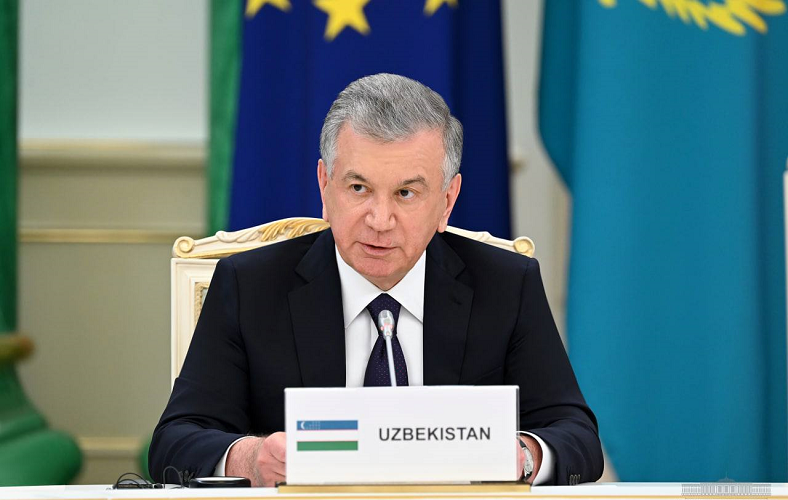Uzbekistan, one of the Central Asian countries that emerged from the dissolution of the Soviet Union in 1991, has seen relatively few leadership changes in its modern history. After the death of its first president, Islam Karimov, in 2016, Shavkat Mirziyoyev rose to the forefront of Uzbek politics, heralding a new era of change and potential reform. This article provides an overview of Mirziyoyev’s background, leadership, and the implications of his reign on Uzbekistan’s future.
Early Life and Career
Shavkat Miromonovich Mirziyoyev was born on July 24, 1957, in Zaamin District, Jizzakh Region of Uzbekistan. Trained as an engineer and economist, he climbed the bureaucratic ladder, first as the governor (Hakim) of the Jizzakh region between 1996 and 2001, and then of Samarkand between 2001 and 2003. His effective management in these roles paved the way for national politics.
In 2003, he was appointed as the Prime Minister of Uzbekistan, serving under then-President Islam Karimov. In this role, he focused on economic development and infrastructure projects. His tenure as Prime Minister saw him gaining immense experience and positioning himself as a potential successor to Karimov.
Rise to the Presidency
After the death of Karimov, Mirziyoyev was quickly appointed as the interim president. He was then officially elected as the President of Uzbekistan in December 2016. Many saw his rise to power as a continuation of the Karimov era, with the same political elites maintaining their hold on the nation. However, Mirziyoyev embarked on a series of reforms that signaled a departure from his predecessor’s policies.
Reforms and International Relations
One of the hallmarks of Mirziyoyev’s leadership has been his commitment to reform, both domestically and in the realm of foreign relations.
Domestically, he undertook significant economic reforms aimed at improving the business environment in Uzbekistan, attracting foreign investment, and modernizing the agricultural sector, particularly the cotton industry. He introduced measures to improve governance, fight corruption, and promote a more open society. His government also made efforts to improve the human rights situation in the country, releasing several political prisoners and initiating legal reforms.
In terms of foreign policy, Mirziyoyev adopted a more open stance. He sought to improve relations with neighboring countries, resulting in the resolution of longstanding border disputes and enhanced regional cooperation. Additionally, he aimed to diversify Uzbekistan’s international partnerships, engaging with governments and organizations beyond the traditional sphere of influence.
Challenges and Criticisms
While Mirziyoyev’s reforms have been widely acknowledged and appreciated, they haven’t been without criticisms. Some human rights advocates argue that while there have been improvements, significant issues persist, particularly in terms of freedom of the press and association.
Furthermore, the challenge of transforming an economy heavily dependent on cotton, while ensuring employment and maintaining stability, remains significant.
Conclusion
Shavkat Mirziyoyev’s leadership represents a turning point in Uzbekistan’s post-Soviet history. While continuing some of the policies of his predecessor, he has embarked on a path of cautious reforms, seeking to modernize the country and establish its place in the international community. As Uzbekistan progresses under his guidance, the world watches keenly to see if the reforms will lead to a more open and prosperous nation, or if the challenges will prove too formidable.
